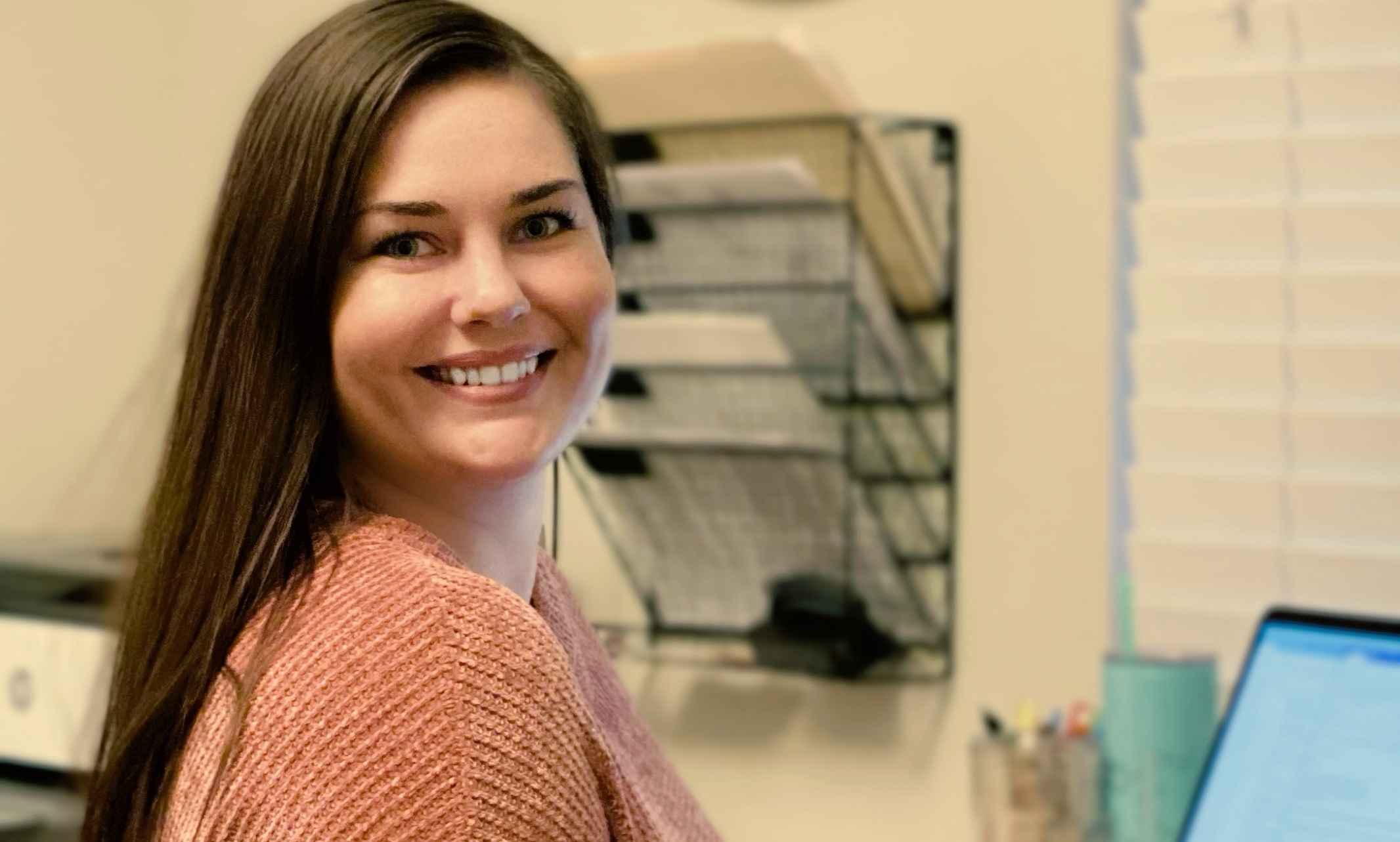The new Peer Recovery Center of Excellence, housed at the UMKC School of Nursing and Health Studies, is the first of its kind. UMKC, in partnership with the University of Texas, the University of Wisconsin-Madison and the National Council for Behavioral Health, is leading the effort, funded by a four-year grant from the federal Substance Abuse and Mental Health Services Administration.
The center will have a diverse steering committee made up of national thought leaders who have personally recovered from a substance use disorder. The center aims to enhance the provision of peer recovery support services through expanding access to training and technical assistance services to peers, organizations and communities across the country.
Here’s more about the effort from Callan Howton, M.P.H., the principal investigator for the grant, who leads the new center.
What’s the idea behind the center?
Peer recovery support specialists — people in recovery themselves from substance use disorder — can use their life experiences to help others achieve and maintain recovery. This is the first federally funded initiative to focus on enhancing peer recovery support services.
We provide training around integrating peer services into non-traditional settings such as labor and delivery units, local libraries, shelters, and primary care clinics; recovery community organization capacity building (guidance and technical assistance to community centers around sustainability, effectiveness, outcomes tracking, funding capacity to name a few examples); and workforce development (strengthening the understanding of peer supports, providing a state-by-state analysis of credentialing practices, bolstering peer support supervision methods). We also will make research and other information on best practices more widely available through accessible and useful toolkits and online resource libraries.
Peer support services can extend support beyond the treatment setting into everyday environments where people work and live. This is especially important because while people reach recovery through various pathways, they sustain and maintain recovery in their communities and homes.
Who can access the center’s services?
Our team at UMKC’s Collaborative to Advance Health Services will coordinate national efforts and training opportunities for individuals, communities, organizations, states — anyone at all — seeking guidance and growth opportunities regarding peer support services. Services are free to any organization that requests assistance or training, which is a huge victory for smaller, grassroots efforts that do incredible work and often are unable to access this caliber of training and technical assistance. Every request submitted will receive a tailored response and have the opportunity to received individualized assistance from highly respected subject matter experts across the country.
It sounds as if having people in recovery inform the center’s efforts was important to you, too.
The center is advised by a steering committee of diverse people in recovery, which was a must in designing the center. When designing programs or processes that focus on peer recovery support services, we would be remiss to not include the voices of those in recovery.
You have years of background in supporting peer recovery. Tell us about that.
I’m a big believer in Recovery Community Organizations, which are local, grassroots organizations created by people in recovery to provide advocacy, support and services.
In St. Louis, I founded a recovery community organization, Haven Recovery Services, as well as five nationally accredited Recovery Housing locations for those in early recovery. Before joining the collaborative at UMKC, I directed Engaging Patients in Care Coordination, a Missouri peer driven overdose response project. Through my program development firm, I have also provided consultation and management in a variety of substance use prevention, treatment and recovery work at the local and state level. I am excited to bring my experience to start this new center and look forward to what lies ahead in the field of peer recovery services.
Those interested in learning more about the center’s services should contact:
Callan Howton, principal investigator, howtonc@umkc.edu
Cindy Christy, project manager, christyc@umkc.edu

